Hospital systems nationwide should expect the first shipments of Pfizer’s Covid-19 vaccine to arrive Monday, Gen. Gustave Perna, chief operating officer of Operation Warp Speed, said during a media briefing Saturday.
“Boxes are being packed and loaded with vaccine with emphasis on quality control,” Perna said. Within the next 24 hours, he said, those boxes will move from Pfizer’s manufacturing facility to UPS and FedEx hubs, where they will be delivered to 636 predetermined locations nationwide.
Full coverage of the coronavirus outbreak
Perna said 145 of those sites should receive the vaccine Monday, with the others trickling in through Wednesday. The Food and Drug Administration authorized emergency use of Pfizer’s Covid-19 vaccine late Friday night.
An estimated 2.9 million doses will be distributed within the first week. That number is expected to ramp up significantly in the coming weeks, to as much as 40 million doses by the end of 2020.
State governors and health departments are in charge of the vaccine distribution to providers. A number of states are expected to start administering the shots simultaneously to both front-line health care workers and long-term care facilities, Perna said.
Less than a day after authorizing the first vaccine to protect against Covid-19, the FDA worked to ease lingering concerns over the possibility of severe allergic reactions to the Pfizer doses.
“We considered the potential allergic reactions carefully,” Dr. Peter Marks, director of the FDA’s Center for Biologics Evaluation and Research, said during a briefing with reporters Saturday morning. He added that the FDA scientists “feel comfortable” telling the American people that unless they have specific allergies to other vaccines or vaccine ingredients, they can get the shot.
Scrutiny of the potential for vaccine-related allergies arose this past week, when the United Kingdom began administering the Pfizer vaccine. Two health care workers experienced serious allergic reactions, prompting British regulators to issue a warning for anyone with a history of severe allergies.
Marks said that after reviewing Pfizer’s safety data, the FDA team found no reason to exclude the majority of people with allergies from getting the vaccine.
“About 1.6 percent of the population has had a severe allergic reaction of some sort or another to a food or some environmental aspect,” Marks said. “We would really not like to have that many people not be able to receive the vaccine.”
The potential for allergic reactions to vaccines — or any other medication — is not a new phenomenon. In fact, it is standard practice to warn consumers against the potential for allergic reactions to any pharmaceutical. Patients are asked in virtually all doctor visits about a history of drug allergies. And any facility qualified to administer vaccines is equipped with emergency epinephrine (known to many as an EpiPen) in the event of anaphylaxis, a severe and life-threatening allergic reaction.
Marks said those with a history of allergic reactions should speak with their physician about any Covid-19 vaccine.
Download the NBC News app for full coverage of the coronavirus outbreak
Also Saturday, the Centers for Disease Control and Prevention is meeting to finalize its recommendations for who should be first in line to get the shot.
Medical systems nationwide are already preparing to receive Pfizer’s vaccine, which has been shown to be nearly 95 percent effective when given in two doses, about three weeks apart.
Dr. Richard Besser, a former acting director of the CDC and current president of the Robert Wood Johnson Foundation, offered a reminder that even highly effective vaccines will not be enough to curb the pandemic on their own.
“The potential of this moment to change the course of the pandemic will only be realized if it is accompanied by thoughtful action,” Besser wrote in a statement to NBC News. “Individuals must continue to follow proven public health guidance like wearing masks, maintaining social distance, and washing their hands.”


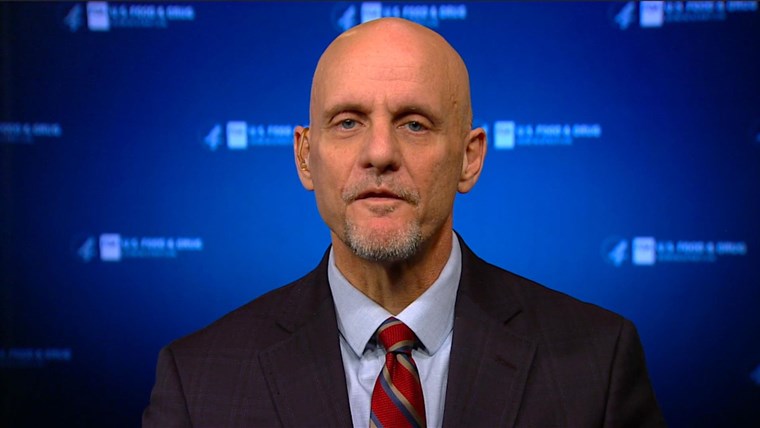


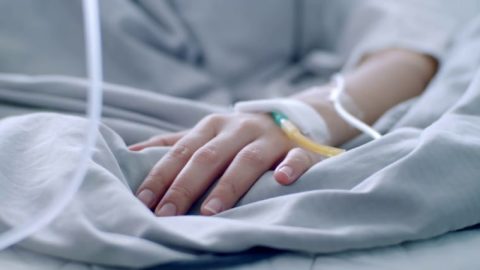
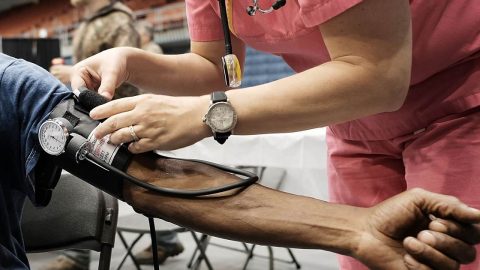

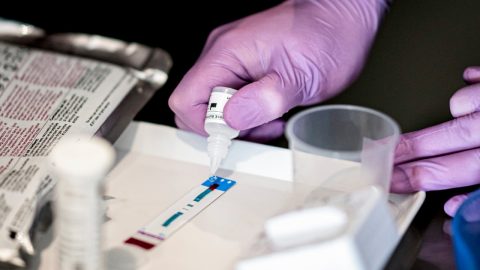
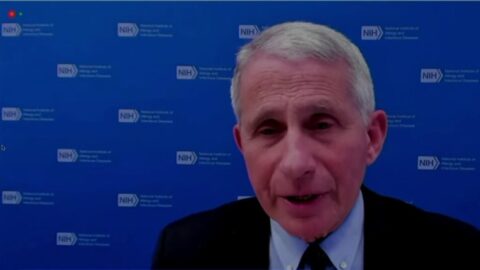
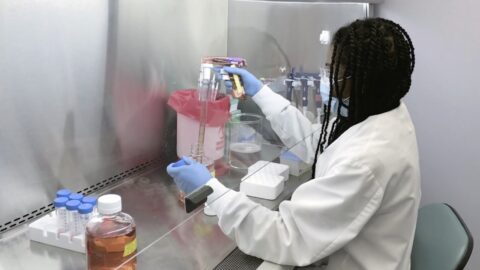
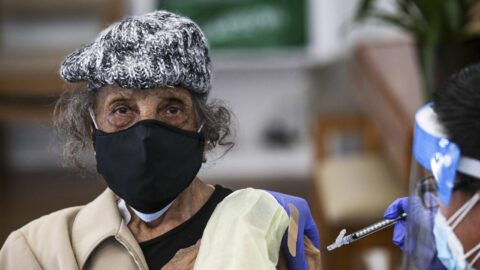
Recent Comments